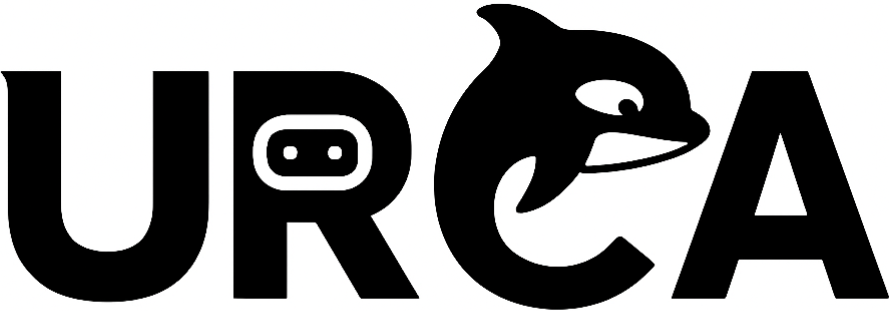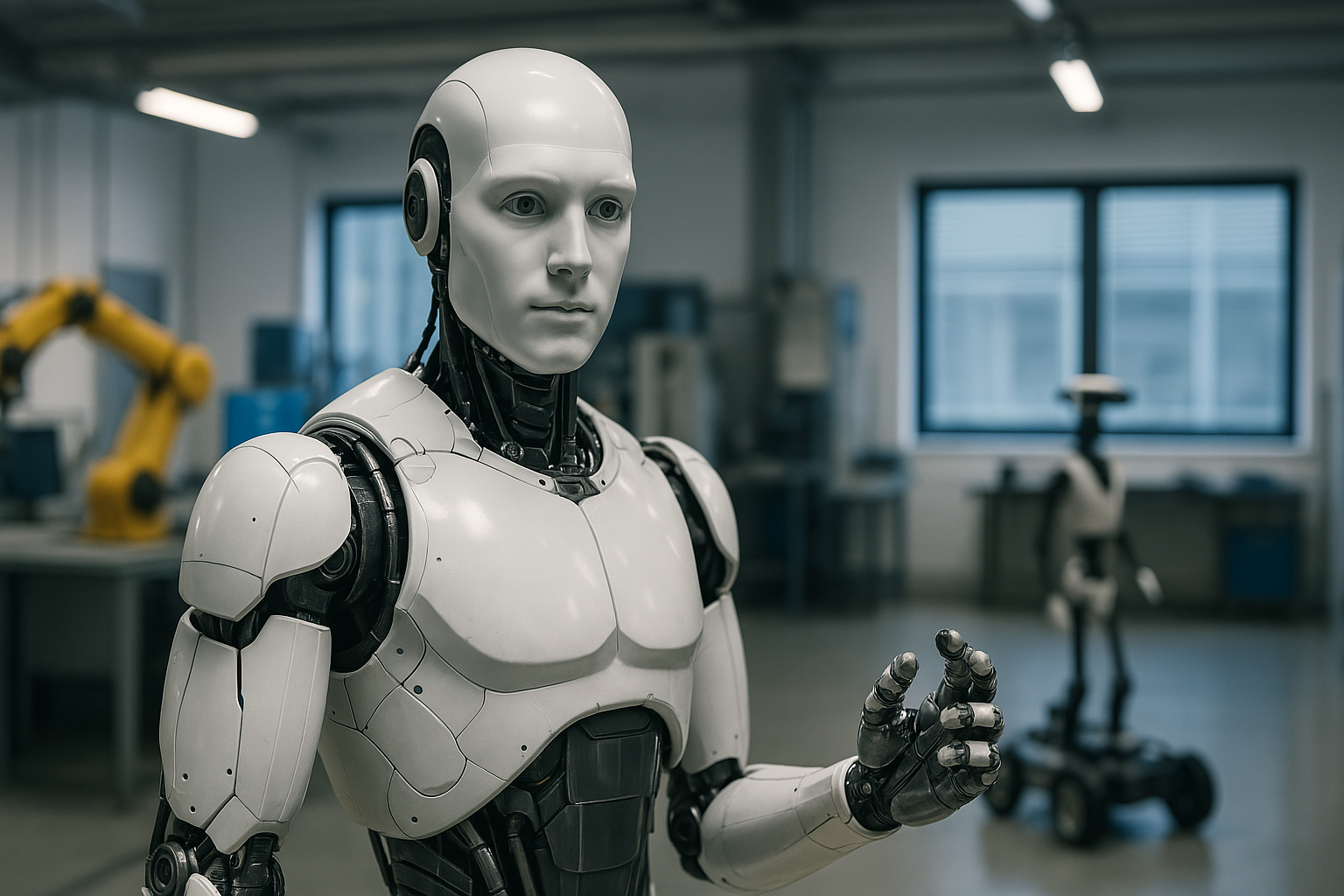Category: Dictionary
-
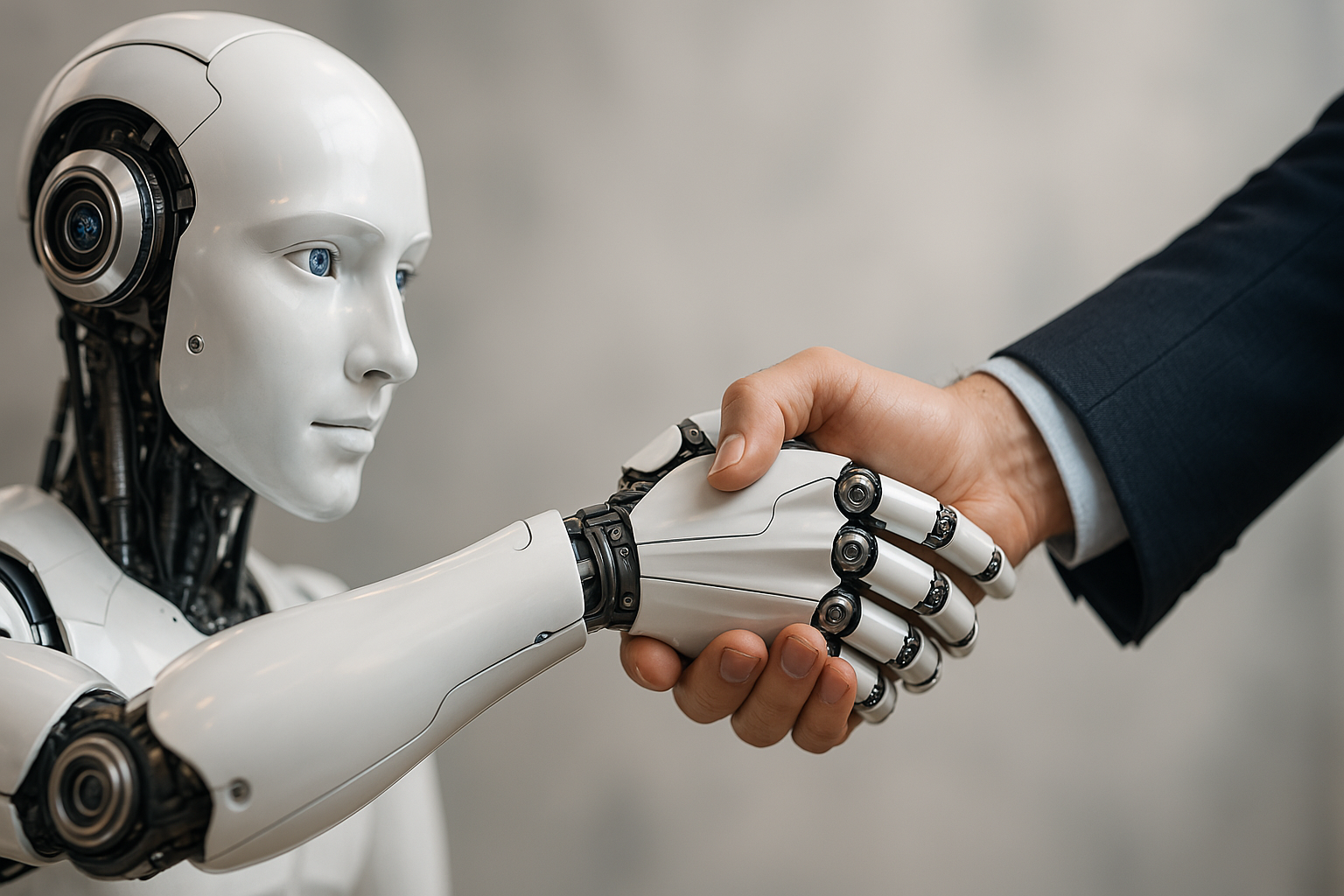
AI Alignment
AI Alignment refers to the process of ensuring that artificial intelligence (AI) systems act in accordance with human values, goals, and ethical principles. In essence, an aligned AI is one that reliably does what we intend it to do and behaves in ways that are beneficial (or at least acceptable) to humans, rather than pursuing…
-
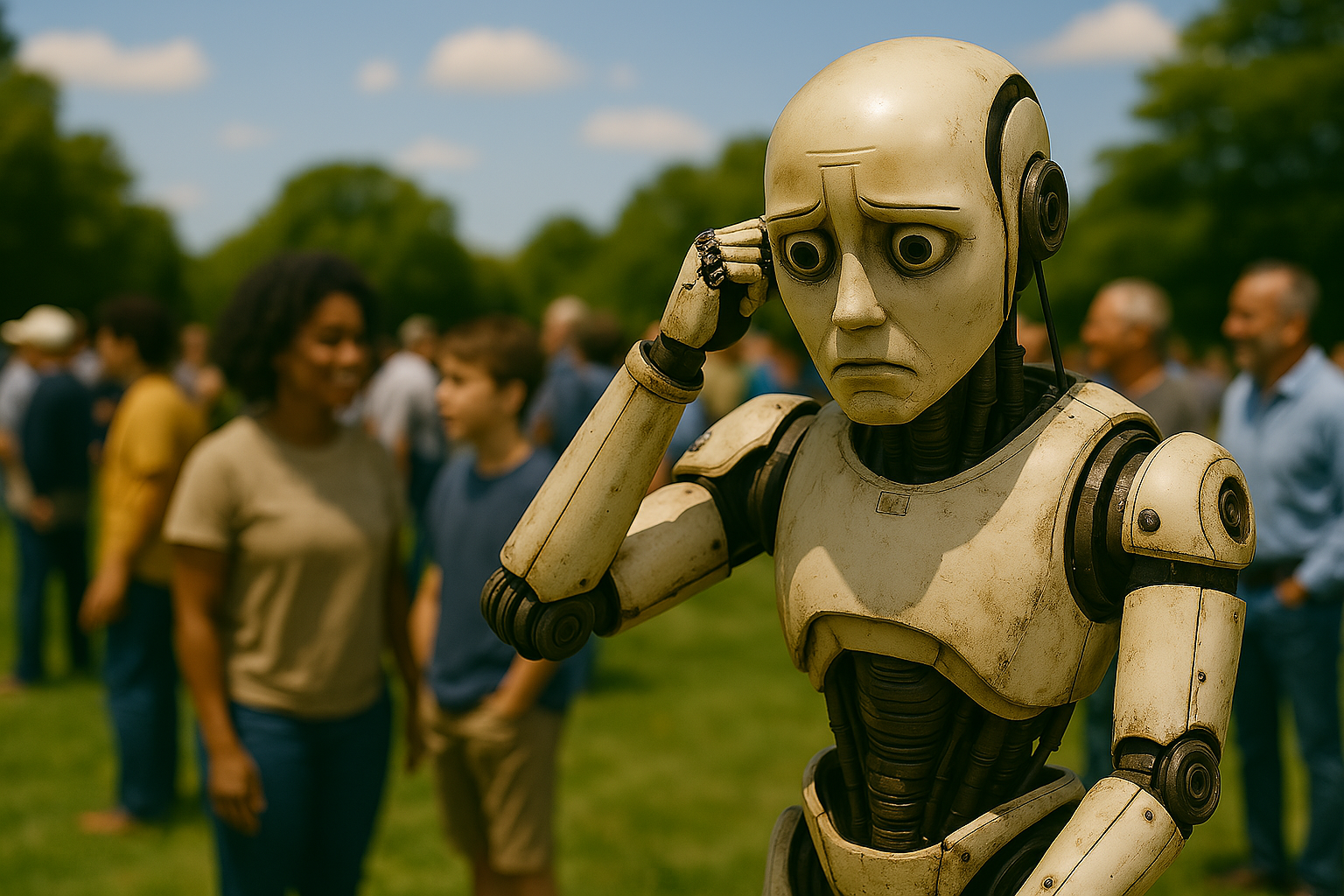
AI Bias
Definition and Explanation of AI Bias AI Bias, also known as algorithmic bias or machine learning bias, refers to the systematic and unfair prejudices or distortions in the outputs of artificial intelligence systems. In essence, it means an AI system is producing results that are skewed or discriminatory against certain individuals or groups. These biased…
-
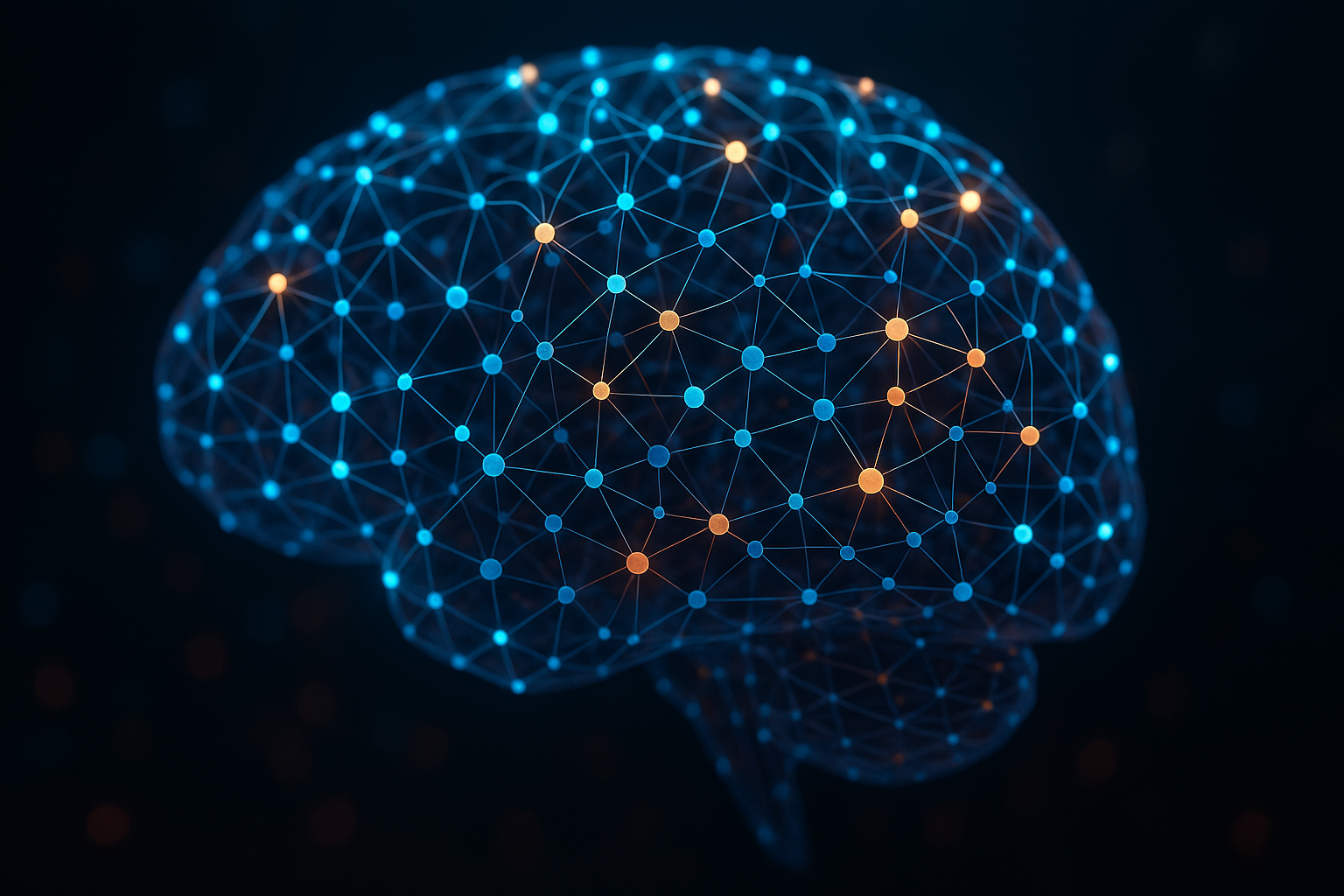
Artificial Neural Network (ANN)
A neural network (often called an artificial neural network or ANN) is a computing model inspired by the human brain’s network of neurons. It consists of layers of interconnected nodes (“artificial neurons”) that process data and can learn to perform tasks by adjusting the connections (weights) between nodes. Neural networks “learn” from examples rather than…
-
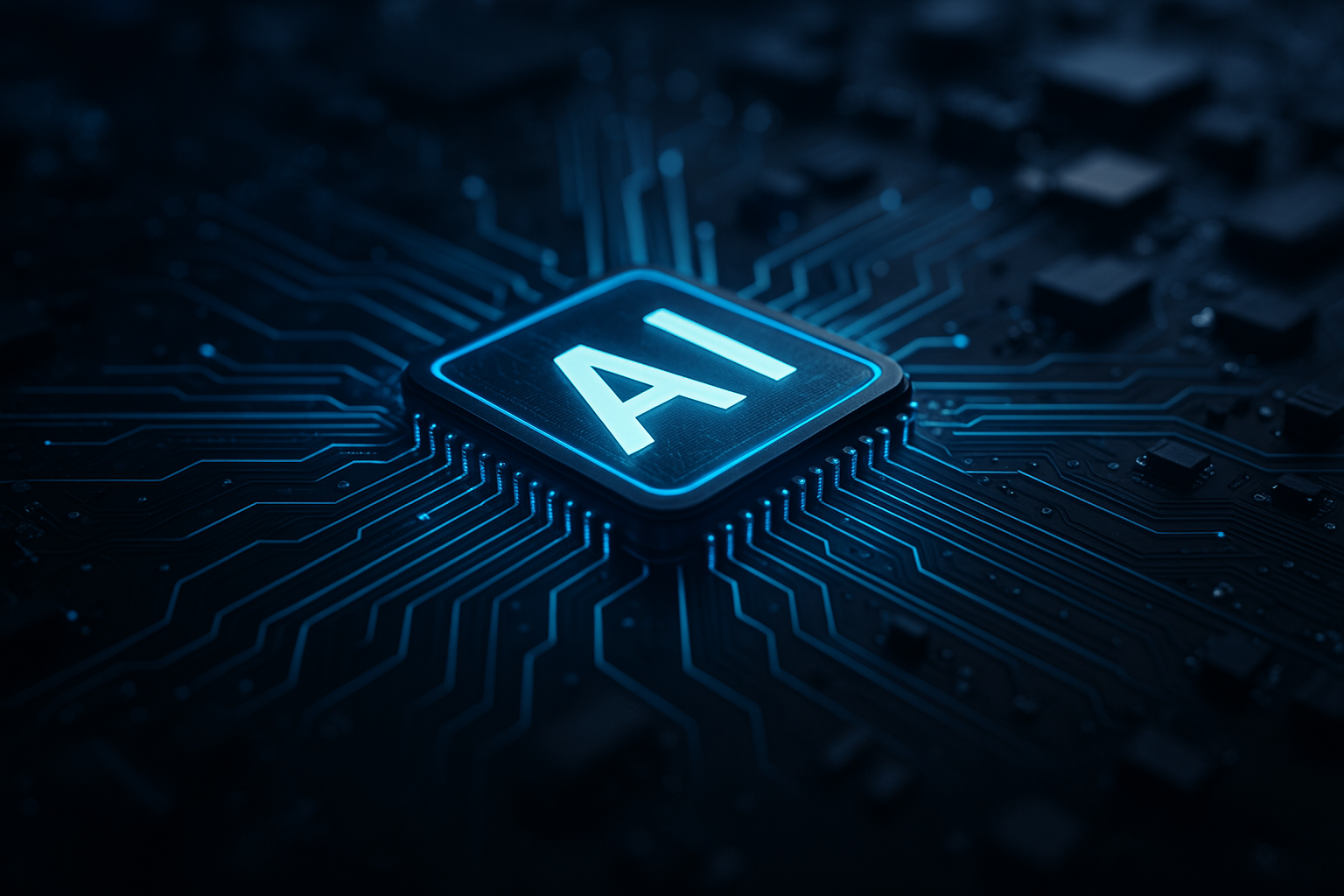
Algorithm
An algorithm is a precise, step-by-step procedure for solving a problem or accomplishing a specific task in a finite number of steps. In essence, an algorithm is like a recipe or set of rules: given some input (data or initial conditions), it describes a sequence of operations that leads to a desired output or solution.…
-
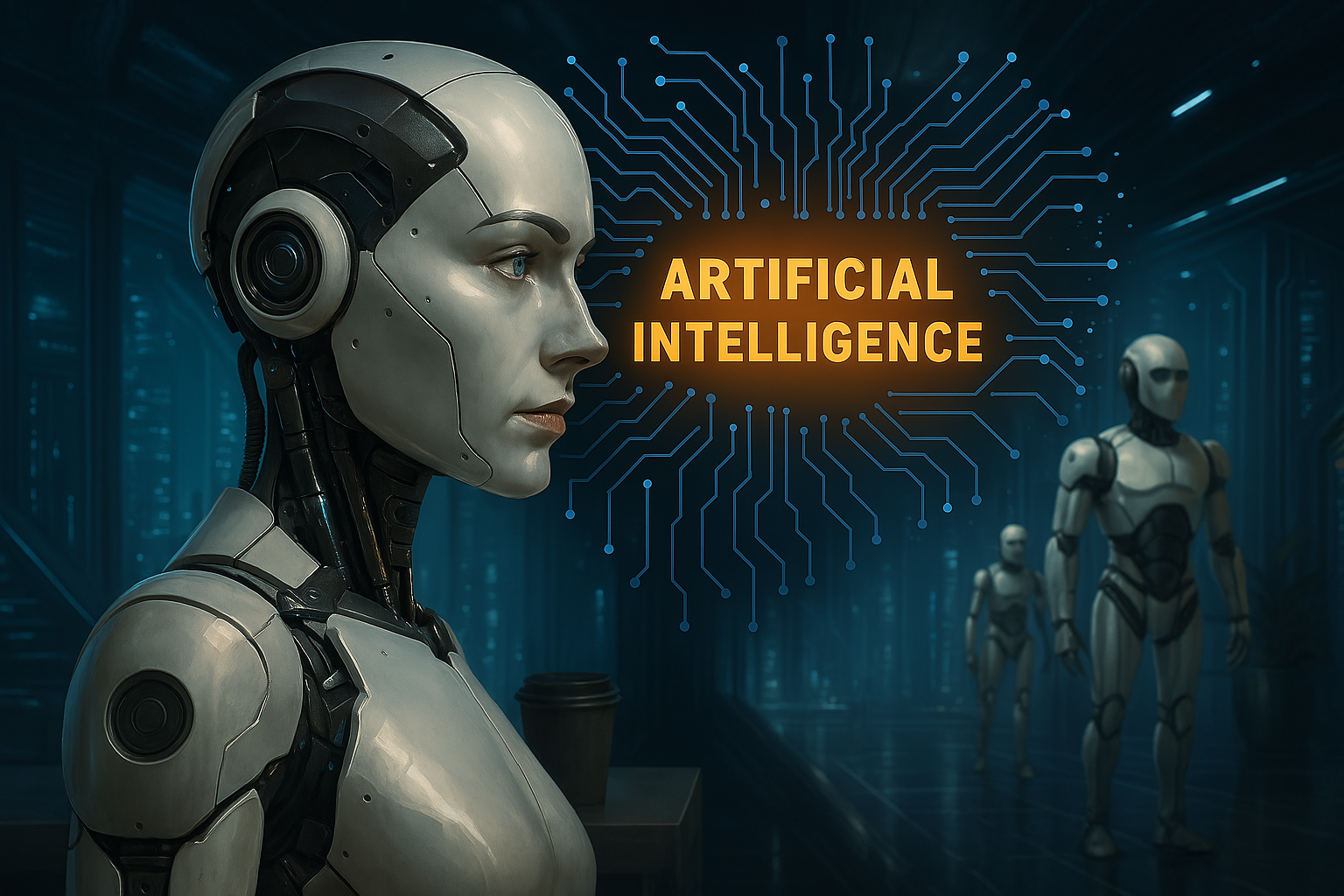
Artificial Intelligence (AI)
Definition and Scope of AI Artificial Intelligence (AI) broadly refers to the capability of machines or computer programs to perform tasks that normally require human intelligence. In essence, AI involves the simulation of human cognitive processes by machines – enabling them to learn, reason, solve problems, perceive their environment, and make decisions in a way…
-
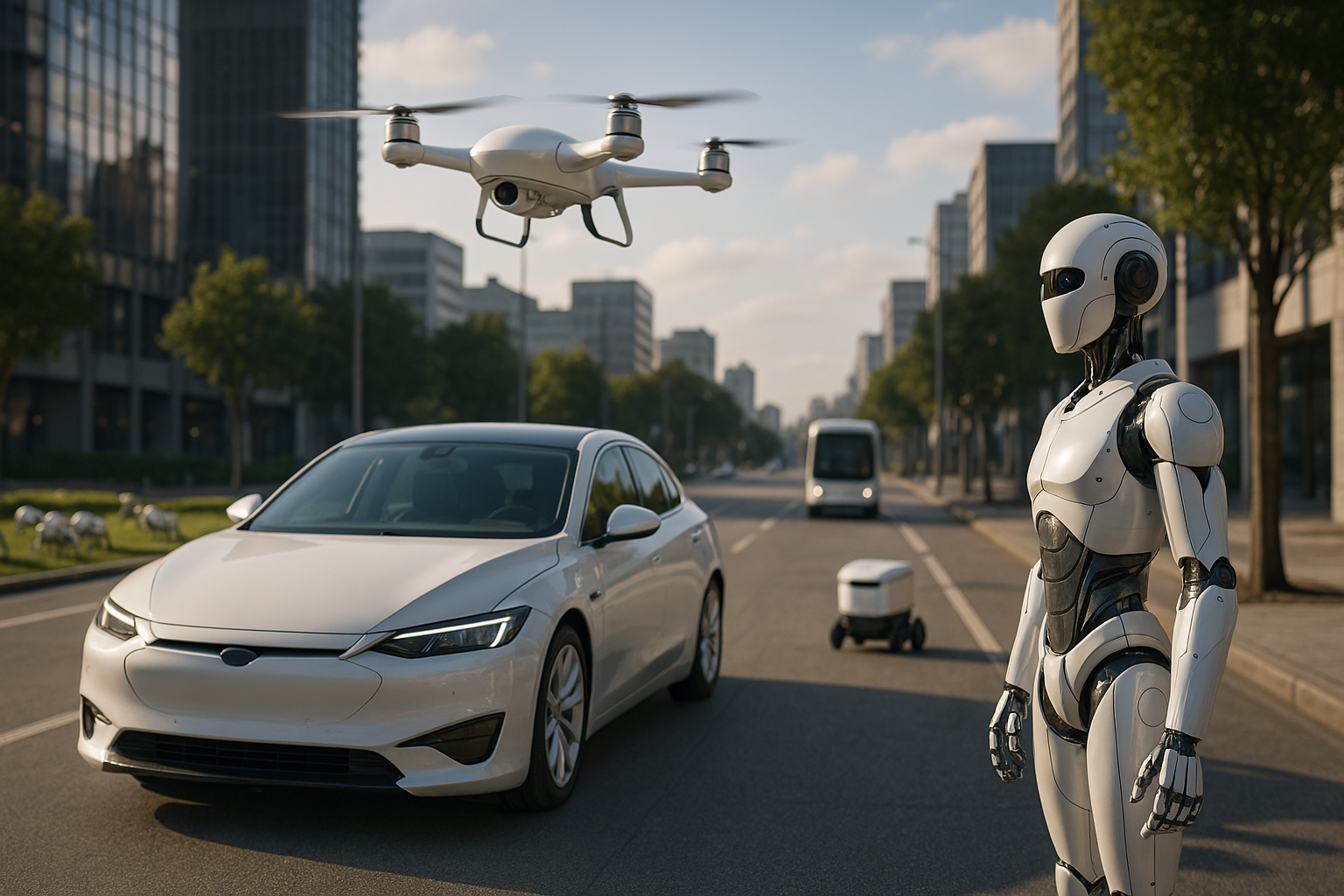
Autonomous Systems
Definition Autonomous Systems refer to machines or software that can perform tasks or make decisions independently, with little to no direct human control. In essence, an autonomous system is “self-governing,” capable of carrying out complex operations in dynamic environments by making informed decisions for itself. These systems are equipped to perceive their surroundings, process information,…
